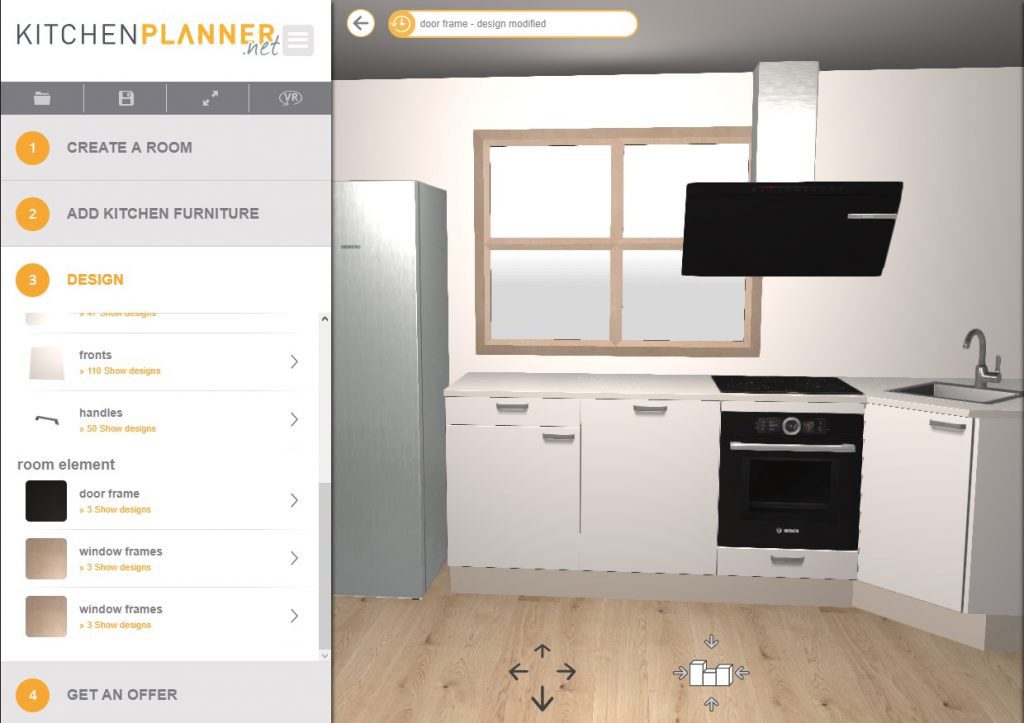Are you considering whether to attend a public or private college? This can be a tough decision, as both options have their pros and cons. In this article, we will explore the differences between public and private colleges and help you determine which one may be better suited for you.
When it comes to choosing between public and private colleges, there are several factors to consider. One of the main pain points for students is the cost. Public colleges are generally more affordable, as they receive funding from the government and offer lower tuition rates. On the other hand, private colleges rely on tuition fees and donations, which can make them more expensive.
So, which one is better? The answer ultimately depends on your individual needs and preferences. Public colleges tend to have larger class sizes and a more diverse student population. They often offer a wider range of majors and extracurricular activities. Private colleges, on the other hand, typically have smaller class sizes and a more intimate learning environment. They may also provide more personalized attention from professors.
In summary, the main points to consider when deciding between public and private colleges are the cost, class sizes, student population, and available resources. It is important to weigh these factors against your own academic and career goals to make an informed decision.
Personal Experience
I personally attended a public college and had a great experience. The larger class sizes allowed for more diverse perspectives and lively discussions. I also appreciated the wide range of extracurricular activities and resources available on campus. However, I did sometimes feel like just a number in such a large institution. If you prefer a more intimate learning environment and individualized attention, a private college may be a better fit for you.
Now, let's dive deeper into the specifics of public and private colleges. Public colleges are funded by the government and offer lower tuition rates for in-state residents. They often have larger class sizes and a more diverse student population. Public colleges also tend to have more resources, such as research facilities and libraries. However, they may have less individualized attention from professors and limited financial aid options for out-of-state students.
What are public or private colleges better?
Private colleges, on the other hand, rely on tuition fees and donations for funding. They often have smaller class sizes and a more intimate learning environment. Private colleges may provide more personalized attention from professors and have generous financial aid packages. However, they can be more expensive and may have a less diverse student population.
The history and myth of public and private colleges play a role in their reputation. Public colleges are often seen as more accessible and inclusive, as they prioritize affordability and diversity. Private colleges, on the other hand, are often associated with prestige and exclusivity. However, it is important to note that these generalizations may not apply to every public or private college.
The hidden secret of public or private colleges better
Now, let's uncover a hidden secret about public and private colleges. The secret lies in the curriculum and teaching style. Public colleges often have a more traditional and standardized curriculum, while private colleges may offer more flexibility and innovative programs. This can be an important factor to consider if you have specific academic or career goals in mind.
When it comes to choosing between public and private colleges, it is important to consider your own preferences and goals. If you value affordability and a diverse student population, a public college may be the better choice. On the other hand, if you prefer a more intimate learning environment and personalized attention, a private college may be a better fit.
Are public or private colleges better for you?
Ultimately, the decision between public and private colleges depends on your individual needs and circumstances. Consider factors such as cost, class sizes, student population, and available resources. It may also be helpful to visit campuses and speak with current students and faculty to get a better sense of the college's culture and environment.
Tips for choosing between public or private colleges
Here are some tips to help you make the decision:
- Research the colleges you are interested in and compare their programs, resources, and costs.
- Visit the campuses and attend information sessions to get a feel for the atmosphere.
- Talk to current students and faculty to learn more about their experiences.
- Consider your academic and career goals, and choose the college that aligns best with them.
Conclusion of are public or private colleges better
In conclusion, there is no definitive answer to whether public or private colleges are better. It ultimately depends on your individual needs, preferences, and goals. Consider factors such as cost, class sizes, student population, available resources, and curriculum. Take the time to research and visit different colleges to make an informed decision that will set you up for success in your academic and professional journey.

No comments:
Post a Comment